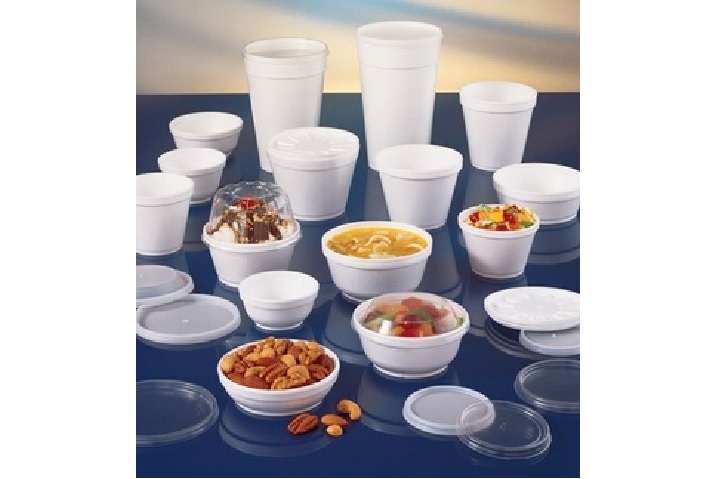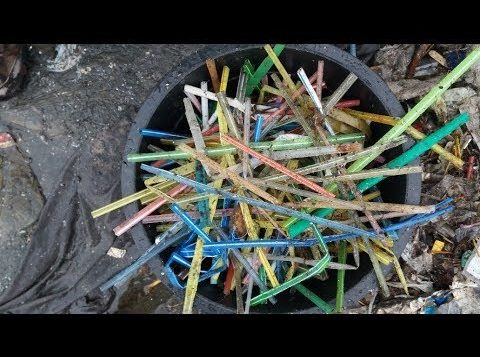Details and products targetted still to come
People around the world are becoming aware of the massive problem caused by plastic products, especially single-use plastics.
Today Canada’s Prime Minister announced that Canada will ban single use plastic products as of 2021.
This will included such things as plastic straws, plastic cutlery. stir sticks, plates, certain plastic bags etc, but with the corollary “where supported by scientific evidence and warranted”. The ban will include fast food containers and coffee cups made of expanded polystyrene (similar to Styrofoam) which cannot be recycled and added that only about 10% of plastic products, those that can be recycled, actually are.
- RCI: Oct 2018: inundated by plastic waste
- RCI: Jun 2019: Some microplastics for dinner?
- RCI: Jun 2019: Canadians want reduction in plastic food packaging
- RCI: May 2019: CleanFarms and agricultural plastic recycling
In making the announcement the Prime Minister cited images of wildlife dying from eating plastic objects they have mistaken for food and even noted recent information that humans are ingesting measurable quantities of microplastic particles.
The news release also mentioned some quick facts
- -Every year, Canadians throw away over 3 million tonnes of plastic waste. This represents up to $8 billion per year in lost value and wastes valuable resources and energy.
- -About one-third of the plastics used in Canada are for single-use or short-lived products and packaging. In fact, in Canada, up to 15 billion plastic bags are used every year and close to 57 million straws are used daily.
- -Every year, 640,000 tons of abandoned, lost or discarded fishing gear enters our oceans. It can persist in the environment for up to 600 years.
- -Every year, one million birds and over 100,000 sea mammals worldwide are injured or die when they mistake plastic for food or become entangled.
- -Globally, one garbage truckload of plastic waste enters the ocean every minute, and that amount is increasing steadily.
- -Over the last 25 years, nearly 800,000 volunteers have removed over 1.3 million kilograms of trash from across Canada’s shorelines through Ocean Wise and World Wildlife Fund’s Great Canadian Shoreline Cleanup program, supported by the Government of Canada. The most commonly littered items on our shorelines are single-use or short-lived products, many made of plastics.

Usually “unbranded”, single-use polystyrene food containers are very common world-wide but generally not recyclable, (Canadian Plastics Industry Assoc)
Claiming the ban would create 42,000 middle class jobs, the Trudeau government also added that the Canadian programme would be in harmony with European Union actions on the plastics issue. It said Canada would also introduce standards for plastic manufacturers and sellers so they become responsible for their products and the resultant trash.
The issue of plastic waste and pollution has become more widely known since China banned the import of plastic waste, and Greenpeace and other environment groups have been reporting on the massive import of plastic waste from developed countries, into other Asian countries like Malaysia where it is often dumped illegally or burned in toxic fires. Recently the Philippines demanded Canada take back dozens of shipping containers filled with non-recylable plastic garbage exported under falsely labelled permits.
Additional information-sources
- Prime Minister’s Office : statement
- Canadian Press (via Guelph Today): Jun 10/19: 2021 plastic ban announced
- CBC: Jun 10/19 : Government officially announces single-use plastic ban
- CTV: M MacLeod: Jun 10/19: Canada moving on ban of single-use plastic
- CBC: H Thibedeau Jun 9/19: Government to ban single-use plastic 2021







For reasons beyond our control, and for an undetermined period of time, our comment section is now closed. However, our social networks remain open to your contributions.